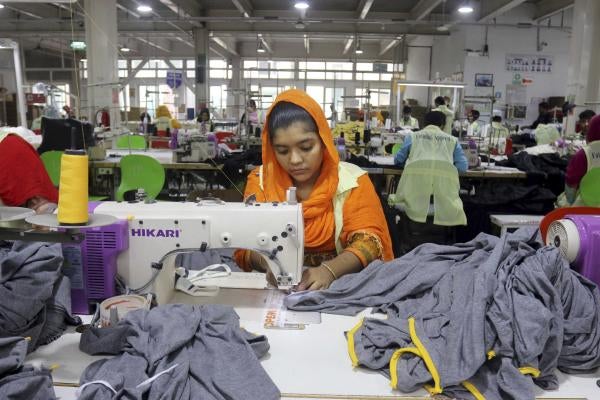You’re a good person. You want to do the right thing. This applies to your shopping habits, too.
But how can you know the things you buy are not linked to human rights abuses and environmental harm?
Many global brands and retailers understand that consumers like you (and me!) want to avoid unethically made products, and they want to show you that they are taking your concerns seriously.
As they source products from factories around the world, they have come to rely on voluntary codes of conduct and certification schemes. You and I, the consumers, see a little certification label on a product, and that’s supposed to make us feel good about buying it.
So, should we feel confident in these certification labels?
Let’s go one level deeper…
Certification schemes generally rely on what are called "social audits." These are private inspections of suppliers to assess compliance with certification criteria.
But just like the certification criteria, social audits are not independent. They are heavily influenced by, in fact often financed by, the brands and suppliers themselves.
The auditing sector is big business, with annual revenues estimated at some US$300 million, but it’s largely opaque. Social audit reports about suppliers are not public, so no one outside really knows how and why a particular facility was certified.
Human Rights Watch and other organizations have found that many suppliers, eager to get good social audit reports or be certified, attempt to hide actual working conditions during audits. Auditing consultancies sometimes assist them by coaching staff on how to answer questions and helping to generate fake documentation.
Some auditors also told us they were asked to delete troubling findings.
And, of course, even the most robust investigation can only report findings and suggest corrective actions. They cannot compel fixes and improvements.
Ultimately, neither consumers nor policymakers should confuse social audits and certifications of suppliers with proof of human rights and environmental due diligence.
Voluntary certification and social audits are no substitute for good old-fashioned laws and regulation, properly enforced.
So, when we see those “certified” labels on products, they should perhaps above all else remind us to demand better assurances.






